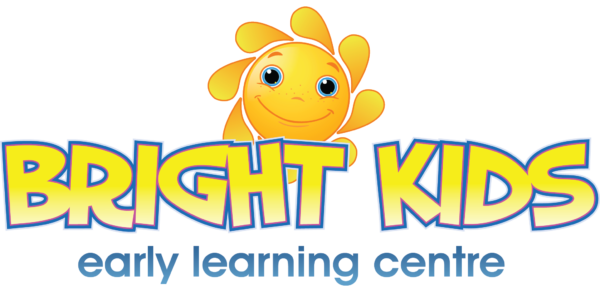Developmental Milestones in the Little Fish room
Developmental growth jumps in leaps and bounds in this room;
and not surprisingly when babies IQ grows at a rapid rate during their first year of life.
In addition to babies’ physical growth in height and weight, babies also go through major achievement stages, referred to as developmental milestones.
Developmental milestones are easily identifiable skills that the baby can perform such as;
- Rolling over;
- Sitting up;
- Crawling; and
- Walking.
Babies tend to follow the same progression through these milestones; however, no two babies go through these milestones at exactly the same time.
There is a range of time when a specific developmental milestone will be accomplished & different amounts of time at each stage before moving on to the next stage.
This month we are documenting;
all of the above milestones plus rolling over;
sitting up practice; tummy time;
pulling up to standing position with the aid of furniture;
working on our balance; and
self-feeding skills.
Achievements
We have been assisting the children with their milestones over the past few weeks, and
We now have a clever little walker who is practising his walking with assistance;
one little crawler;
one is learning to sit up unassisted;
one is holding her bottle and eating more chunkier food;and
We have children learning to pull themselves to standing position with the aid of furniture, walking with walkers and first steps were taken.
We sound like their proud parents, but we are in fact just as proud.
Communicating with babies
Communicating with babies is essential for building a trusting relationship.
Here we look at how communication with babies and toddlers’ changes over time and tips for how you can encourage them to participate in communication with you and others.
From the moment they’re born, babies have a very effective way of telling you what they’re thinking and feeling by the way of crying.
You’ll soon recognise that your baby cries in different ways depending on what she/he needs and how quickly she/he needs it.
From cries to sounds to words to sentences. We include lots of activities in our daily program which helps our babies develop their communicational skills.
- We Talk about what we’re doing;
- Sing songs and rhymes; and
- Read lots of stories.
Self Help Skills
As we have a few children who will be transitioning to Dolphins very soon, so we are stepping up their self-help skills.
- Sleeping on the big beds;
- Holding cutlery at the meal times;
- Packing away their bowls and drink bottles after their meal;
- Drinking from a cup; and
- Learning to use their words such as ‘sorry’ , ‘Please’ & ‘Thank you
Group Time
This time is essential for forming a classroom community. It allows children to learn together, develop strong social skills, and share in experiences.
Group time activities for our babies often include: story time, art and craft, music, movement, and language activities.
The beauty of our children being different ages is their sleep times differ, this gives us the regular opportunity to work one on one with the children and do multiple group times throughout the day.
We learn body parts and facial expressions through mirror play, read stories and nursery rhymes with lots of hand actions, encouraging the children to follow along with the actions.
We also learn about colours, animals and emotions through flash cards, objects and hand puppets.
Sensory Skills
Sensory Play helps children integrate all their senses.
It helps children process all the information the brain receives from touching, smelling, tasting, hearing and seeing.
We don’t learn through consumption, we learn through creativity, so all types of play are essential for children’s development and early learning.
Researchers believe that through this play, we help children develop and improve their gross and fine motor skills, co-ordination and concentration.
Children use all their senses to discover and explore their environment, develop their imagination, creative thinking, ability to problem solve and experiment with solutions.
Within each Sensory Play experience there are different senses being engaged:
- Visual Sensory Play develops vision and seeing;
- Tactile Sensory Play refers to touch;
- Vestibular Sensory Play refers to movement and balance;
- Proprioception Sensory Play refers to body awareness with position and effort used to move the body.
- Auditory Sensory Play refers to activities that deal with sound and hearing;
- Gustatory sensory refers to taste; and
- Olfactory Sensory Play engages a child’s sense of smell.
Staying Healthy through Winter
Winter is generally thought of as the season for sniffles and sickness in Early Childhood, but it does not have to be that way.
We always practice our hygiene skills but here are a few tips to keeping a strong immune system.
- A healthy balanced diet is key, with a variety of whole, natural foods;
- Implement effective handwashing procedures;
- Encourage water instead of juice– it’s important to stay hydrated and flush out toxins;
- Stay warm – dress appropriately for the weather;and
- If unwell, stay home and rest.
Help prevent the spread of winter bugs.
Until next month, that’s all from Miss Roshin and Miss Julie
Also please follow our Facebook and Instagram Pages and stay up to date.


